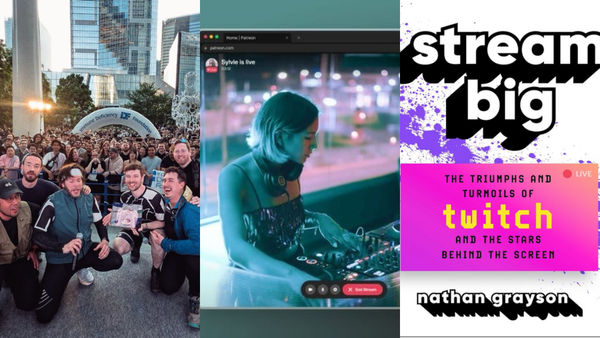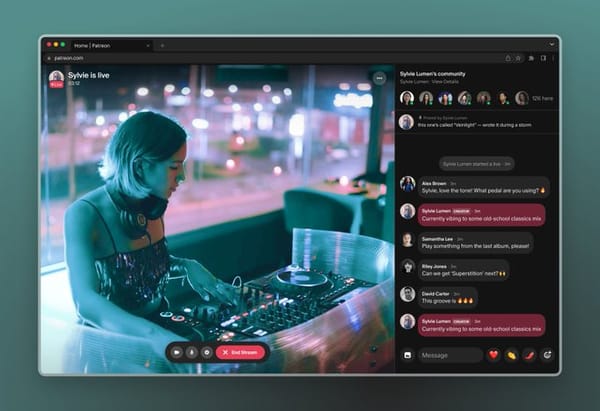Valve Won’t Allow Intrusive Ads in Steam Games
But that doesn't mean ads are gone

Steam's advertising policy got an update that impacts how gaming publishers can run paid promotions on games listed on their platform.
Advertising in games is one of the ways developers and publishers can monetize their titles. While most use non-intrusive ads to not disrupt the player's experience, some use more aggressive methods that force the player to briefly stop playing.
This type of advertisement resembles what is often seen in mobile games, but that hasn't stopped triple-A game development companies from attempting to add them to their titles.
An example of this was Electronic Arts (EA), which was considering adding more intrusive ads since 2024, according to a report from The Verge.
The Documentation

Steam's new update to its advertisement policy has shut down any possibility of game developers adding ads that disrupt the player experience. It also mentions that they must remove those elements from their currently listed games if they want to keep them on their marketplace.
This does not mean that advertisements are completely gone, though.
What the documentation did was remind developers and publishers what types of ads are forbidden and which ones are allowed.
👍What's allowed
Based on the documentation, we can see that Steam supports:
- Product placements - showcasing real brands in games for as long as you have the rights to do so, and the brand makes sense in the context of the game
- Cross-promotions - bundling games together with titles from another brand or other products in and out of Steam that would give value to the players
- Advertisements - running ads in advertising platforms to drive traffic to the game's Steam pages
👎What's not allowed
On the other hand, Steam won't support advertising methods that:
- Put gameplay elements behind ads and won't allow players to progress the game unless they watch an ad
- Rewarding players with in-game rewards, like resources or currencies, for interacting with an ad
- Require charging other developers to access features native to Steam, like bundles or sales pages
This is another of the recent player-friendly policies Valve's owned company has rolled out in the last few months, which is why the platform keeps gaining popularity from the PC gaming community.





